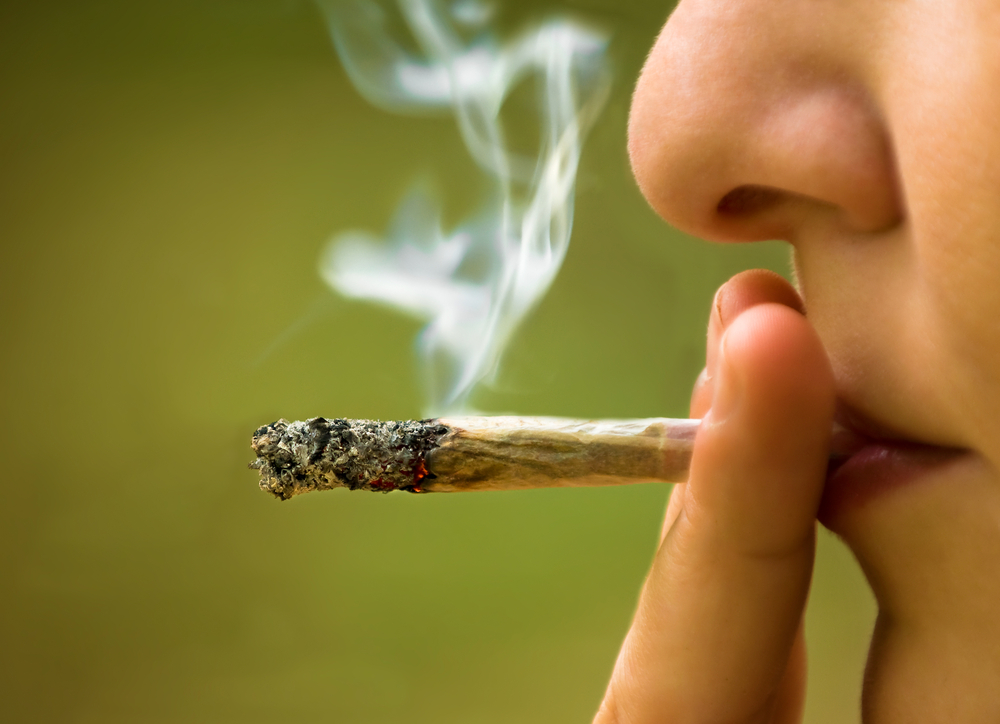High-Potency Pot Doubles Risk of Marijuana Dependence

The more potent the pot is, the more likely a person who uses it is to become dependent on it, a new study from the United Kingdom finds.
People in the study who used "high-potency" marijuana were twice as likely to become dependent as those who used lower-potency forms of the drug, according to new findings presented today (Oct. 21) at the International Early Psychosis Association meeting in Milan. The findings have not been published in a peer-reviewed journal.
People are considered to be dependent on marijuana if they experience withdrawal symptoms — such as irritability, mood and sleep problems, and decreased appetite — when they are not using the drug, according to the U.S. National Institute on Drug Abuse (NIDA).
The potency of marijuana refers to how much tetrahydrocannabinol (THC) is found in the plant. THC is the main psychoactive ingredient in marijuana. In the past decade, strains of marijuana that have higher amounts of THC have become more widely available, according to the study. [11 Odd Facts About Marijuana]
"Our findings suggest that people who prefer [high-potency marijuana] are around twice as likely to show problematic use," Tom Freeman, a research associate in clinical psychopharmacology at University College London and a co-author of the study, said in a statement.
"The best way for people to reduce [their] risk [of dependency] is to quit or cut down their use," Freeman said. "If this is not possible, they should be encouraged to switch to low-potency cannabis."
In the study, the researchers looked at data from more than 400 adolescents and young adults in the U.K. who use marijuana. The ages of the participants ranged from 16 to 23.
Get the world’s most fascinating discoveries delivered straight to your inbox.
The researchers found that 43 percent of the participants who preferred high-potency pot were dependent on the drug, compared with 22 percent of the participants who did not prefer high-potency pot. The researchers looked at a number of factors, including age, gender, marijuana and tobacco use, how much marijuana the user was exposed to, and how much THC was in the marijuana they used.
In an earlier study, published in 2015 in the journal Psychological Medicine, Freeman and his co-authors concluded that high-potency-marijuana use was associated with more severe dependency on the drug, compared with lower-potency-marijuana use.
In the U.S., 4.2 million people abused or were dependent on marijuana in 2014, according to NIDA.
Originally published on Live Science.

 Live Science Plus
Live Science Plus






